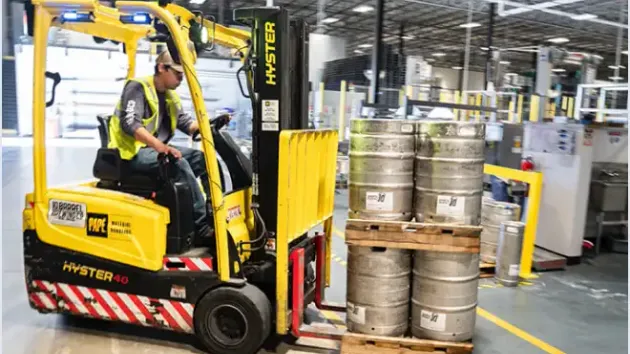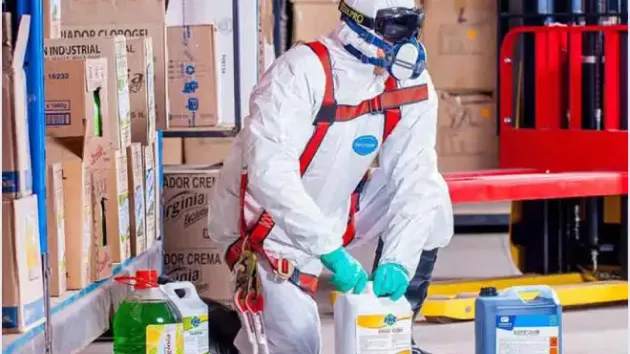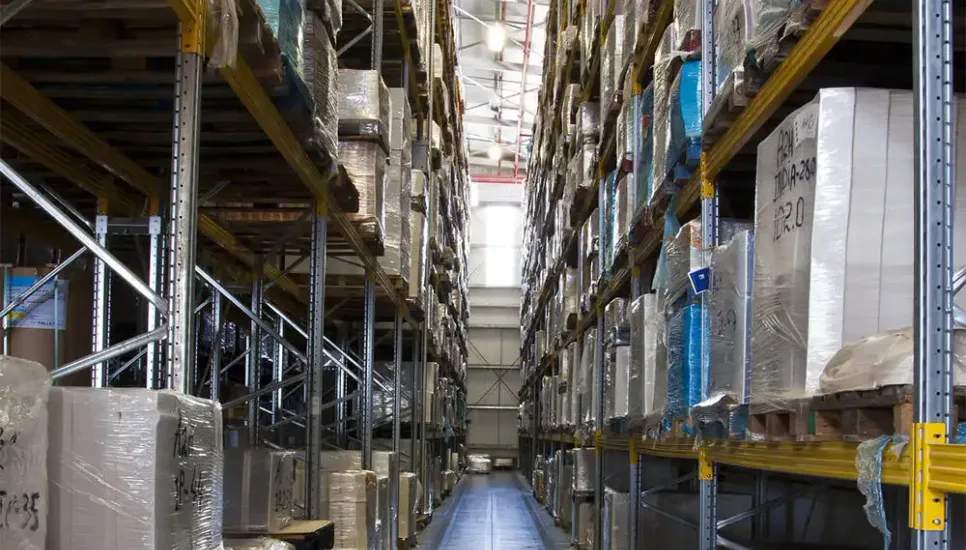Introduction
The retail sector is currently one of the largest employers in Canada, with more than 2.2 million people working as sales assistants, shelf stackers, checkout operators, delivery personnel, and apprentices in small shops. Although the industry is not particularly dangerous, it can still expose employees to a series of risks that require appropriate training to avoid.Potential Hazards
The most common risks associated with retail trade include:
- Ergonomic Hazards. There are two main causes for ergonomic injuries in the retail sector: overexertion and the improper handling of materials. On the one hand, many of the jobs in this industry are physically demanding and require workers to make excessive physical effort on a daily basis. In the long run, such overexertion can lead to inflammation and injury of joins and ligaments. At the same time, workers in retail trade are sometimes asked to lift and carry heavy products or packages, but are not trained to do so correctly. Repeatedly lifting, pulling, pushing, or lowering objects in an incorrect manner can cause sprains, strains, and serious injuries of the lower back.
- Poorly Handled Tools and Vehicles. Some retail employees must use machinery such as bread slicers as part of their job. Others are required to operate specialized vehicles, including boom-supported platforms and forklifts in order to reach products in storage. In all of these instances, workers who are not trained to use power tools or vehicles are at a significantly higher risk of experiencing an injury due to equipment malfunctions and human error.
- Accidental Falls. The risk of slips, trips, and falls is increased in retail stores if the floors are not properly cleaned and workers are frequently required to use ladders in order to access products. Especially when liquids are spilled, it is imperative that they are cleaned straight away, but not all stores benefit from such diligent housekeeping. Employees must therefore be trained to recognize and assess fall hazards so as to be able to work around them safely.
- Exposure to Dangerous Chemicals. Retail employees may come in contact with hazardous chemicals if such substances are sold in the stores where they work or if they are routinely tasked to use disinfectant and cleaning solutions for hygienic purposes. In addition, recent studies have shown cause for concern for cashiers and checkout operators, in particular, who are exposed to high amounts of BPA and BPS as a result of routinely handling receipts. These industrial chemicals found in thermal paper receipts can have a disruptive effect on human hormones and may lead to obesity, diabetes, as well as breast and prostate cancers.
Incident Prevention
Company policies, rigorous housekeeping, safety training, and the correct use of tools and equipment are all important factors for incident prevention in retail trade. Exposure to BPA and BPS, for example, can be reduced if the retailer decides to switch to e-receipts and/or bisphenol-free paper. At the same time, cashiers must be made aware of the risk associated with thermal paper receipts and taught how to properly clean their hands after handling such hazardous materials.
Housekeeping is another aspect of retail trade that workers must learn in order to maintain their safety and that of their colleagues and customers. Spilled liquids and other materials must be cleaned right away, which can significantly reduce the risk of slips and falls, while also improving the overall work environment in a store.
Finally, employees must be trained to properly use ladders, forklifts, and boom-supported platforms when necessary. Furthermore, all workers should learn the correct techniques to lift and carry heavy objects so as to avoid overexertion and ergonomic injuries. Retail employees who are unaware of the hazards they face on a daily basis are far more likely to cause accidents and injure themselves, as well as customers.
Recommended Safety Courses



What You Can Do to Stay Safe
If you are employed in the retail sector, your must first become aware of the dangers associated with your line of work before you are able to maintain your safety. Across all Canadian jurisdictions, your employee is required to provide access to the necessary safety courses for both you and your colleagues.
To explore a more comprehensive list of safety training programs designed for the retail industry, please visit our Logistics (Shipping and Warehousing) industry page.



